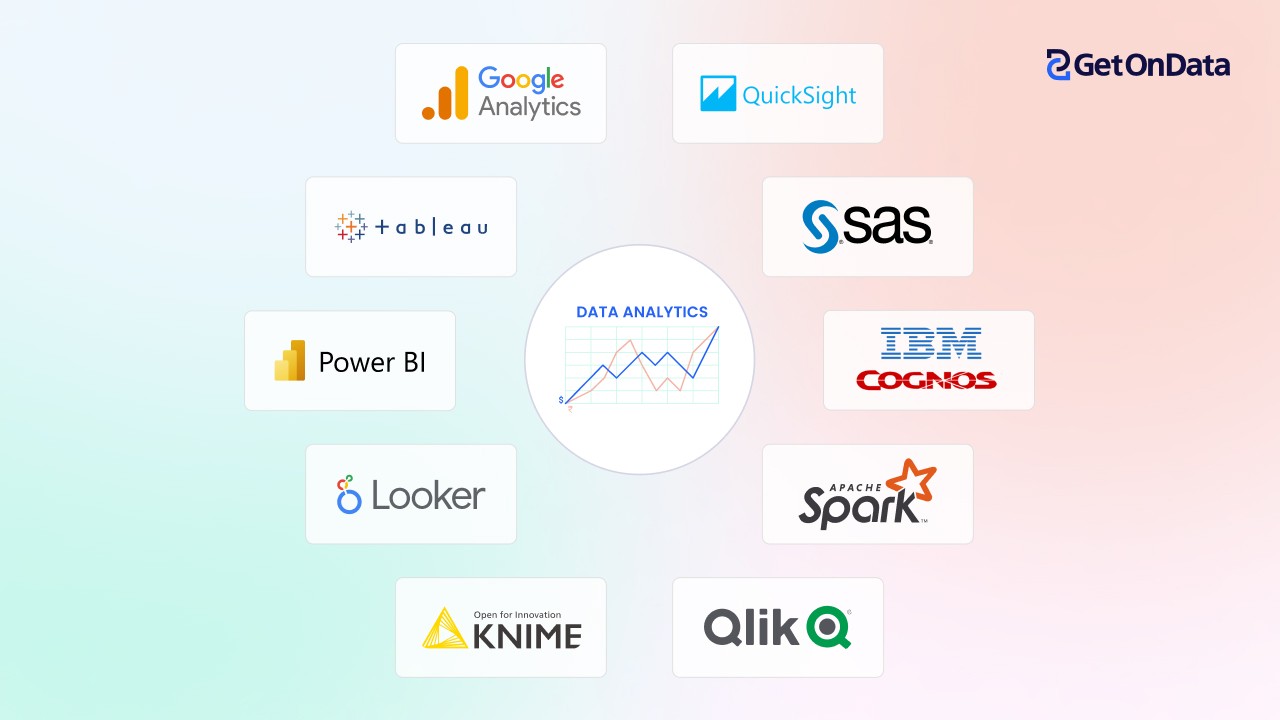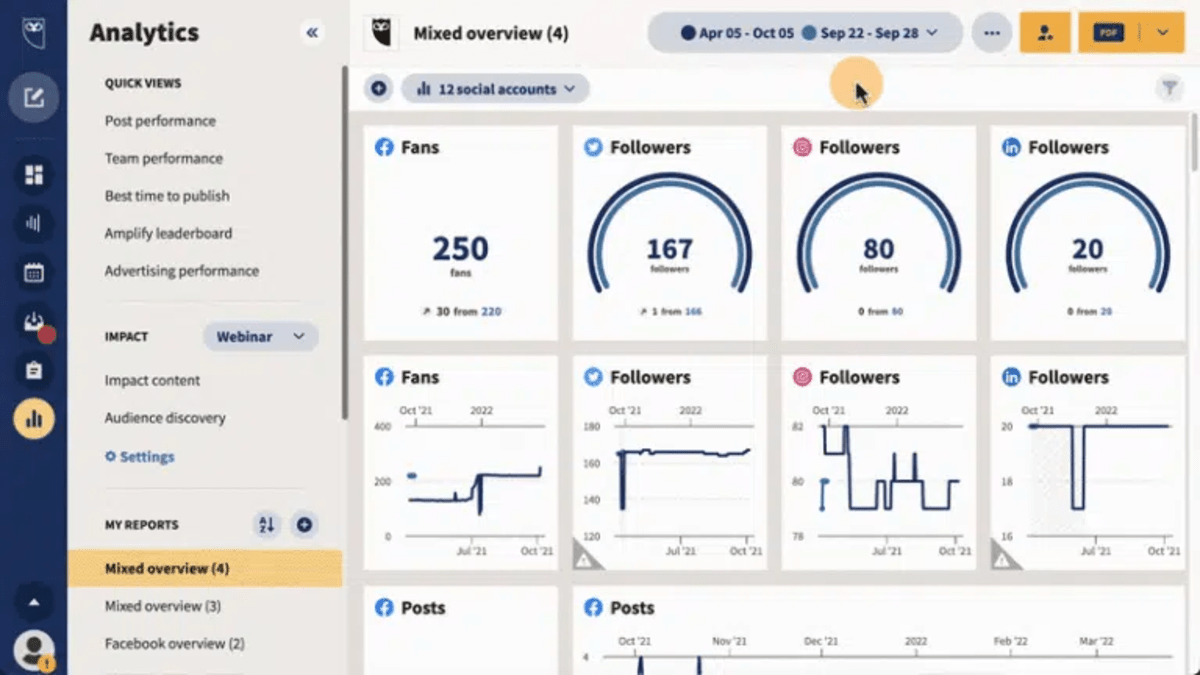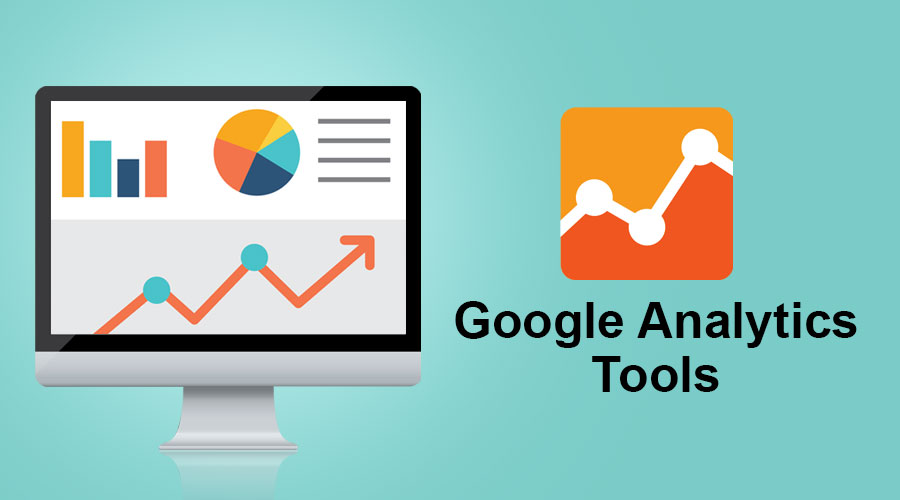Gain Competitive Edge Through Effective Analytics Implementation
Gain Competitive Edge Through Effective Analytics Implementation
Blog Article
Boost Efficiency and Success With Information Analytics
In today's data-driven landscape, services are significantly acknowledging the critical role of data analytics in enhancing operational effectiveness and earnings. By methodically assessing data, companies can uncover crucial insights that notify calculated choices, enhance procedures, and tailor customer experiences.
Comprehending Information Analytics
In today's data-driven landscape, understanding information analytics is crucial for organizations intending to improve operational efficiency and drive earnings. Information analytics involves the methodical computational analysis of data collections to reveal patterns, correlations, and understandings that inform decision-making. By utilizing various techniques, such as analytical evaluation, machine discovering, and predictive modeling, organizations can change raw data into workable intelligence.
The procedure usually starts with information collection, where appropriate info is collected from multiple sources, consisting of transactional data sources, client interactions, and market patterns. This information is then cleaned up and organized to make sure accuracy and consistency. When the information is prepared, logical tools and software application are used to picture the information and check out, making it possible for stakeholders to identify abnormalities and trends.
Eventually, comprehending information analytics encourages organizations to make educated decisions based upon empirical evidence rather than intuition. It assists in targeted strategies that can optimize source allocation, enhance customer fulfillment, and boost general efficiency. As services significantly identify the value of data-driven insights, a strong understanding of data analytics comes to be a critical proficiency for leaders and teams alike, positioning them for sustained success in an affordable environment.

Key Benefits for Services
Businesses that leverage data analytics can unlock a plethora of advantages that significantly improve their operations and productivity. One of the primary advantages is enhanced decision-making. Data analytics gives workable insights originated from real-time information, allowing services to make educated options that straighten with market demands and consumer choices.

In addition, information analytics cultivates improved consumer experiences. By recognizing consumer habits and choices, organizations can customize their offerings, bring about raised satisfaction and loyalty. This customized approach usually results in higher conversion rates and repeat service.
Additionally, data analytics allows businesses to identify arising opportunities and fads. By remaining in advance of the contour, companies can maximize brand-new markets and technologies prior to their rivals.
Executing Data-Driven Methods
Successful implementation of data-driven strategies requires an extensive understanding of both organizational objectives and available data resources. Organizations must initially specify their purposes clearly, guaranteeing placement in between data initiatives and critical purposes. This clearness enables groups to concentrate on appropriate metrics and understandings that drive decision-making.
Top notch information is crucial for precise evaluation, as poor data can lead to misguided techniques and wasted sources - Analytics. Organizations should develop processes for data collection, cleaning, and management to preserve information honesty.
Moreover, cultivating a data-driven culture is critical. Workers at all degrees ought to be motivated to take advantage of data in their everyday operations. Educating programs and workshops can improve information literacy, empowering staff to make educated choices based on logical understandings.
Tools and Technologies Overview
A robust suite of technologies and tools is vital for organizations aiming to harness the full potential of information analytics. These devices facilitate the collection, handling, and visualization of data, making it possible for organizations to acquire workable understandings.
At the fundamental degree, data Full Article management platforms such as SQL databases and NoSQL systems provide efficient data storage and access capacities. For data processing and analysis, shows languages like Python and R, along with structures such as Apache Glow, allow complicated computations and artificial intelligence applications.
Visualization devices, including Tableau and Power BI, change raw data right into user-friendly graphical styles, making insights available to stakeholders in all degrees. Additionally, cloud-based platforms like Google Cloud and AWS provide scalable storage and handling remedies, suiting the expanding volumes of data companies experience.
For advanced analytics, anticipating modeling and AI-driven services are significantly embraced, allowing business to forecast fads and improve decision-making procedures. Incorporating these tools right into existing process is vital; companies important link that effectively leverage this modern technology can dramatically improve operational effectiveness and drive productivity. Therefore, purchasing the right devices and modern technologies is a critical imperative for any kind of data-driven organization.
Study of Success
Leveraging data analytics has led many companies to achieve impressive improvements in effectiveness and profitability. One significant instance is a large retail chain that executed anticipating analytics to optimize stock administration. By evaluating historical sales information and consumer fads, the company minimized excess supply by 30%, bring about substantial expense financial savings and boosted capital.
One more instance can be discovered in the manufacturing market, where a leading auto supplier made click resources use of data analytics to enhance its production processes. By keeping track of machine performance in real-time, the company recognized inefficiencies and traffic jams, causing a 20% increase in overall equipment effectiveness (OEE) This not only increased production prices yet likewise reduced downtime and maintenance expenses.

These situation studies show how data analytics can drive critical decision-making, enhance processes, and ultimately improve both efficiency and earnings across various markets.
Conclusion
Finally, the assimilation of data analytics right into business procedures provides substantial chances for boosting efficiency and earnings. By methodically assessing information, companies can identify inadequacies, maximize customer experiences, and make notified decisions. The fostering of predictive modeling and real-time tracking even more makes it possible for businesses to stay in advance of emerging patterns and allot resources efficiently. Inevitably, the strategic implementation of data-driven methods promotes continual affordable benefits and drives substantial enhancements in functional efficiency and economic outcomes.
In today's data-driven landscape, comprehending data analytics is important for organizations aiming to boost functional performance and drive earnings. Data analytics includes the methodical computational analysis of data collections to discover patterns, relationships, and understandings that inform decision-making. Information analytics supplies actionable insights derived from real-time data, permitting services to make enlightened choices that line up with market needs and customer preferences.
Top notch data is vital for accurate evaluation, as bad data can lead to misdirected strategies and wasted sources. Organizations should establish procedures for data collection, cleansing, and monitoring to keep data honesty.
Report this page